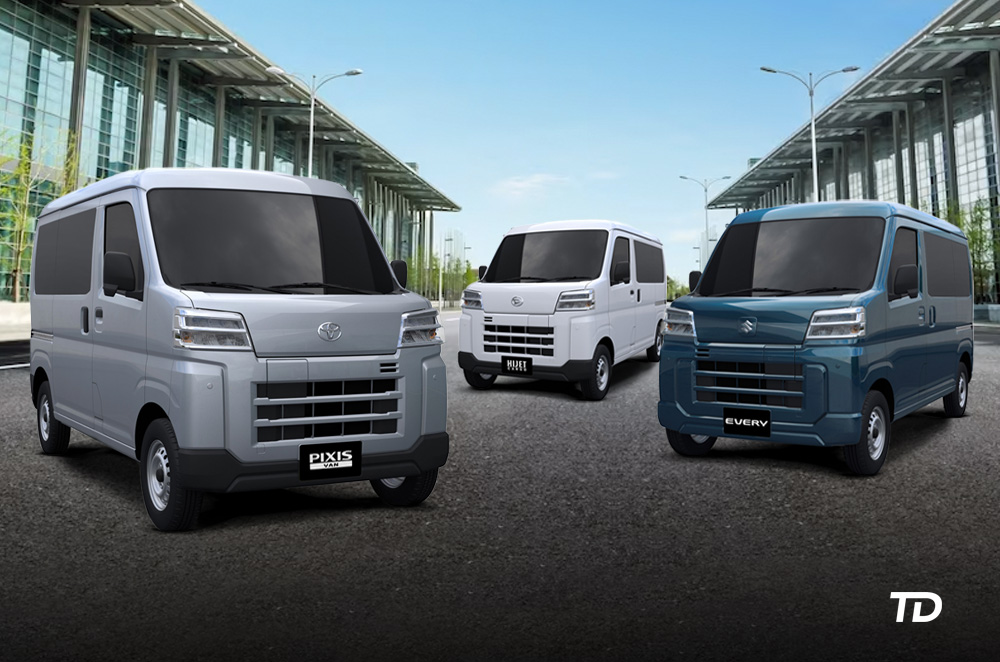
Way back in the 90s, before the writer of this article was even born, Daihatsu was in the Philippines, and in their lineup of cars was the small and reliable Hijet. The Hijet was a flexible kei-class van that can effortlessly move people and cargo. Surprisingly compact, weighing less than a ton and measuring under 3500 mm in length, the Hijet defied expectations with its impressive performance, courtesy of an efficient three-cylinder engine.
Now, this compact van is getting a new electric powertrain as announced by Toyota, Suzuki, and Daihatsu. According to the three automakers, a prototype mini commercial van fitted with a collaboratively-developed battery electric system is on its way. As part of this initiative, each brand will introduce its unique version of the commercial EV. Toyota will be calling its version the Pixis, Suzuki will name its version the Every, while the Hijet Cargo name is for the Daihatsu badge.
The official debut of these vehicles is scheduled to occur during an exhibition event spanning from May 18 to May 21. This event aims to highlight the automakers' endeavors toward achieving carbon neutrality and is organized by the Japan Automobile Manufacturers Association (JAMA) in conjunction with the G7 Hiroshima Summit.

While the companies did not disclose extensive specifications regarding the "jointly developed BEV system," they did mention an anticipated range of 200 km (124 miles) on a single charge. The capability to create electric vehicles utilizing the Daihatsu New Global Architecture platform (DNGA) which could mean more electrified products in the future.

The production versions of the EVs are set to be revealed in 2023, and it is highly likely that they will closely resemble the concept images provided. Similar to their gasoline-powered counterparts, the electric kei vans will be manufactured domestically by Daihatsu. These new will enable Daihatsu, Toyota, and Suzuki to compete against established contenders such as the Mitsubishi Minicab MiEV and the upcoming electric Honda N-Van.

Currently, there is no information available if the mini commercial EV will be sold outside of Japan. However, considering Mitsubishi's plans to produce the Minicab MiEV in the ASEAN region from 2024 onwards, it is possible that Toyota will introduce this to other countries as a rival for the Minicab MiEV.









